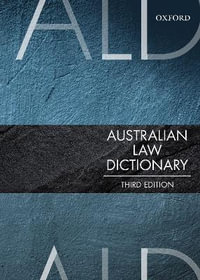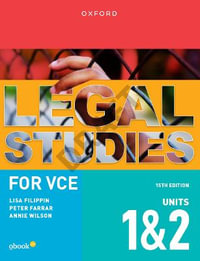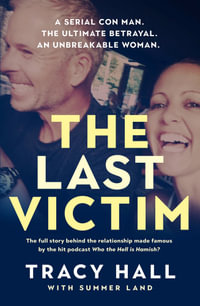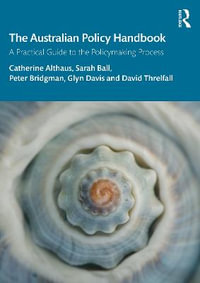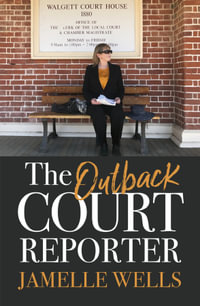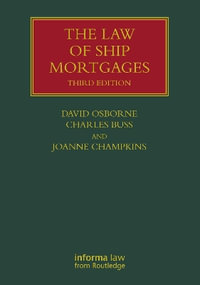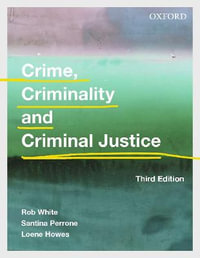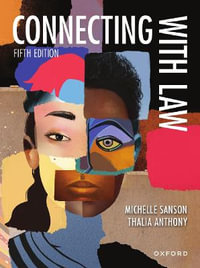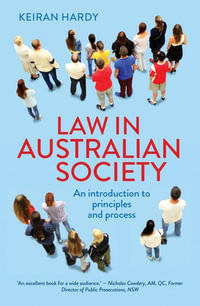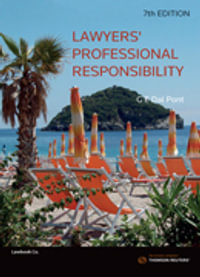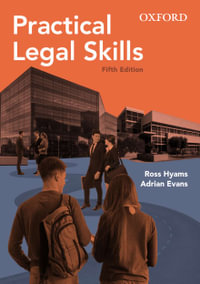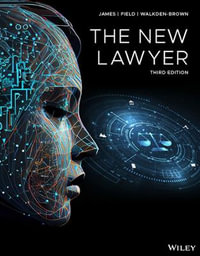
Punitive Damages
How Juries Decide
By: Cass R. Sunstein, Reid Hastie, John W. Payne, David A. Schkade, W. Kip Viscusi
Paperback | 15 September 2003 | Edition Number 1
At a Glance
Paperback
$96.75
Aims to ship in 15 to 25 business days
ISBN: 9780226780153
ISBN-10: 0226780155
Published: 15th September 2003
Format: Paperback
Language: English
Number of Pages: 296
Audience: General Adult
Publisher: The University of Chicago Press
Country of Publication: US
Edition Number: 1
Dimensions (cm): 22.8 x 15.2 x 1.7
Weight (kg): 0.46
Shipping
| Standard Shipping | Express Shipping | |
|---|---|---|
| Metro postcodes: | $9.99 | $14.95 |
| Regional postcodes: | $9.99 | $14.95 |
| Rural postcodes: | $9.99 | $14.95 |
How to return your order
At Booktopia, we offer hassle-free returns in accordance with our returns policy. If you wish to return an item, please get in touch with Booktopia Customer Care.
Additional postage charges may be applicable.
Defective items
If there is a problem with any of the items received for your order then the Booktopia Customer Care team is ready to assist you.
For more info please visit our Help Centre.
You Can Find This Book In
This product is categorised by
- Non-FictionLawLaws of Specific JurisdictionsLegal System in GeneralCourts & Procedure
- Non-FictionLawLaws of Specific JurisdictionsLegal System in GeneralCivil Procedure, Litigation & Dispute ResolutionArbitration
- Non-FictionLawLaws of Specific JurisdictionsTorts
- Non-FictionLawJurisprudence & General Issues
- Non-FictionLawLaws of Specific JurisdictionsGeneral Works of Private & Civil Law
